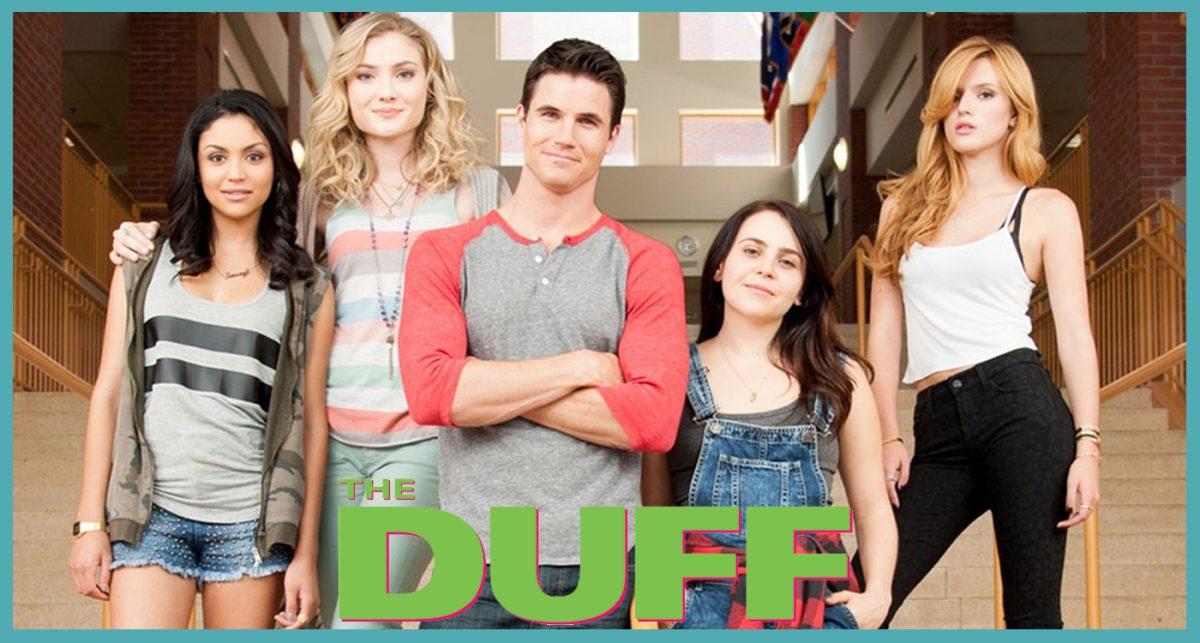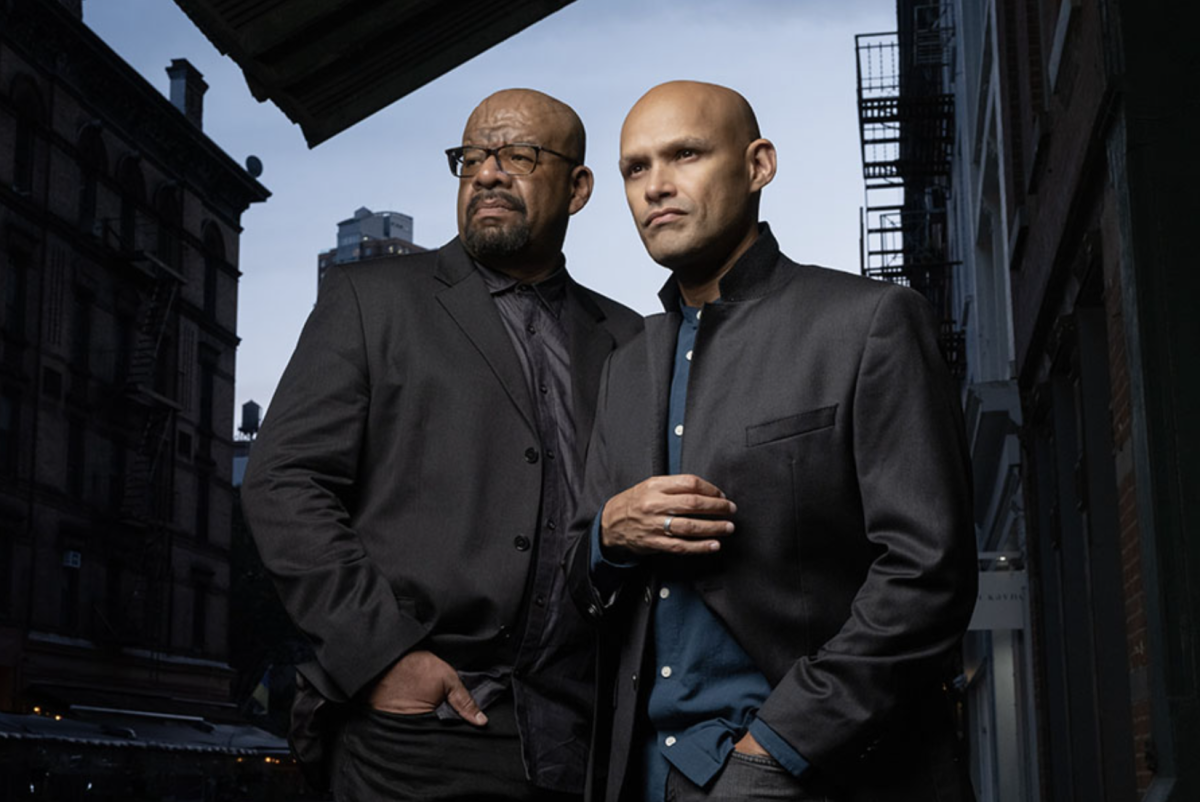“The Duff” is a new teen movie starring Mae Whitman as Bianca Piper, a senior in high school told by her hot childhood friend that she is “the Duff” in her friend group, the designated ugly fat friend. I know when this movie got approved, executives in the boardroom heard “Duff” and thought, “Buzzword!” Much like “fetch,” I don’t think “duff” is going to catch on, but the movie proves to be successful because it manages to tap into a major theme in teenage life. We have all looked at everyone around us and thought, “I am the worst person here.” “The Duff” proves successful because it understands that feeling and how it affects other people. For one, the movie never pretends that Bianca is actually ugly or fat. Bianca, hidden behind her flannel pajamacore aesthetic, is just not as glamazon attractive as her two best friends. The movie also makes it clear that her friends are not using her maliciously to boost their own self-esteem of make themselves look better. They truly love her and respect her as a person. “You are the best one of us,” Jess, one of her best friends said. This part felt incredibly true to the insecurity of being a teenager. We have all been the one crying to our friends that we’re ugly and we have all been the one to assure the friend that they’re wonderful.
“The Duff” is loaded with some of the more ridiculous conventions of the teen movie, which to be honest, I always actually enjoy seeing. The second Bianca asks her hot childhood friend Wes to make her over in exchange for help with “science,” I could hear “Let’s Get It On” playing the background. Wes is the hot and dumb jock, but he likes Project Runway and gets the importance of a well-fitting bra. Expectations subverted, everyone! Although in all honestly, the world needs a public service announcement on the well-fitting bra, so I’m glad this movie mentioned it. Despite the fact that the main plot of this movie revolved around a makeover then make-out premise in the vein of “She’s All That,” I never tire of seeing attractive people kiss at school dances. Did I mention that Bianca is on the school paper and has to cover the dance for an article? Thus continuing the tradition of secretly attractive nerds on the newspaper and their quest to break journalistic barriers by covering homecoming. I was on the school paper for four years, and never once did we cover a school dance. Despite that, the chemistry between Wes and Bianca feels relaxed and easy. Bianca’s makeover is more a makeover of self-confidence than an actual change in appearance and personality. Her “Pretty In Pink” dress reveal at the end is true to her flannel pajamacore aesthetic, and she stays her witty and interesting self. She gets to reunite with her friends and they seem genuinely happy that she gets to make out with a hot dude — a true sign of friendship.
This movie does suffer from some of the traditional flaws of the teen movie. The adults are overly campy and dumb. Bianca’s mom, played by the perfect Allison Janney, does a wonderful job of grounding her zany character, a divorcee who now gives motivational speeches. Ken Jeong suffers from the “too-personal teacher” syndrome. Teachers never gave me dating advice, and I think everyone involved was happy with that. His character’s schtick is that he was also the Duff in high school and is still the Duff now. So if you enjoy secondhand embarrassment, you might enjoy the character. The movie also leans too heavily on the “evil ex- girlfriend” motif. Bella Thorne plays Wes’s current mean girlfriend who cyberbullies Bianca and humiliates her. The director clearly sees her as a Regina George expy, whose only motivation is jealousy. I would have appreciated her having some sort of development other than “plastic b*tch.”
This movie is clearly a star-making turn for Mae Whitman, who has secretly been a power player on NBC’s “Parenthood” and “Arrested Development.” If you watch “Parenthood,” you’ll see there is no better on-screen crier like Whitman, but “The Duff” proves that she has the charisma and likeability to carry a comedy. Robbie Amell has the difficult job of having to be mean enough that he mentions the concept of the Duff to Bianca and still be considered a romantic lead. He manages to convey his soft spot and attraction to Bianca throughout the entire movie, even before their romantic climax in the woods.
Throughout the movie, Bianca never fundamentally changes. At the end of the movie she is still herself, but she just likes herself more. The movie doesn’t pretend that her style and looks are the same as her best friends’, but it emphasizes that what makes one truly attractive is self-love. It also emphasizes that everyone, no matter how glamorous or perfect, feels insecure and worthless sometimes. It may not hit the comedic highs of “Easy A” or “Mean Girls,” but “The Duff” is a warm and clever movie that’s worth a watch for fans of the teen movie genre.
Photo Courtesy of Wonderland Sound and Vision






